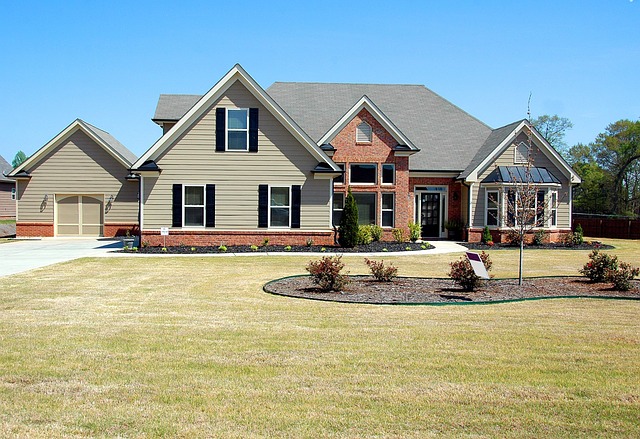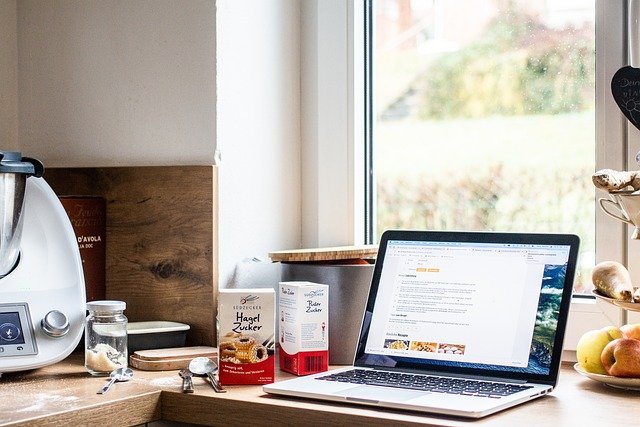Why homeowners love the year-round comfort of glass rooms
Homeowners appreciate glass rooms for their year-round comfort, combining natural light with efficient insulation. These elegant sunroom additions enhance property value, create versatile living space, and support energy-efficient heating and cooling. Enjoy panoramic views, improved indoor climate control, and a serene environment that invites relaxation while increasing overall home appeal and resale potential.

What exactly are glass room extensions?
Glass room extensions, sometimes called glass sunrooms or conservatories, are structures primarily constructed using glass panels for walls and roofing. Unlike traditional brick extensions, these spaces maximize transparency and connection with the outdoors. Modern glass room extensions feature advanced glazing technologies that maintain comfortable temperatures year-round, moving beyond the seasonal limitations of older conservatory designs. These extensions can be designed in various architectural styles, from contemporary minimalist frames to more ornate Victorian-inspired structures, allowing homeowners to complement their existing property aesthetics while gaining valuable additional space.
How glass sunroom extensions enhance home living
Glass sunroom extensions provide a unique living environment that traditional rooms cannot match. The abundance of natural light creates a space with proven psychological benefits, helping to combat seasonal affective disorder during darker months and providing a constant connection to nature regardless of weather conditions. Many homeowners use these bright, airy spaces as dining areas, home offices, relaxation zones, or dedicated plant-growing environments. The versatility of glass sunroom extensions makes them suitable for various activities that benefit from natural light and garden views, effectively expanding a home’s functional living areas while maintaining a seamless indoor-outdoor connection.
Understanding glass room extension costs
Glass room extension costs vary significantly based on size, design complexity, materials quality, and geographic location. A basic glass room extension might start at around £10,000 for a modest structure with standard glazing, while premium designs with advanced thermal features and bespoke elements can exceed £80,000. The price typically includes planning permission assistance, foundation work, the glass structure itself, and essential finishing.
Several factors influence the final cost: the frame material (aluminum, UPVC, or timber), glazing type (double or triple glazing), roof design (flat or pitched), heating solutions, and any smart technology integration. Most homeowners report investing between £20,000 and £40,000 for a well-specified medium-sized glass room extension that balances quality with reasonable cost.
| Type of Glass Room | Average Size | Approximate Cost Range |
|---|---|---|
| Small Lean-to | 3m × 2m | £10,000 - £15,000 |
| Medium Conservatory | 4m × 3m | £20,000 - £40,000 |
| Large Orangery | 5m × 4m | £35,000 - £60,000 |
| Luxury Bespoke Design | 6m × 5m+ | £50,000 - £100,000+ |
Prices, rates, or cost estimates mentioned in this article are based on the latest available information but may change over time. Independent research is advised before making financial decisions.
Benefits of a glass garden room extension
Glass garden room extensions offer a perfect transitional space between home and garden. These structures allow homeowners to enjoy their gardens throughout changing seasons, providing shelter from rain, wind, and extreme temperatures while maintaining unobstructed views of outdoor landscaping. Modern glass garden rooms feature technological innovations like solar-controlled glazing that prevents overheating in summer and retains warmth in winter, making them truly year-round spaces.
For garden enthusiasts, these extensions create ideal environments for nurturing plants that might struggle in direct outdoor conditions. The controlled temperature and humidity levels inside glass garden rooms allow for growing more delicate plant varieties or extending growing seasons. Additionally, these spaces create perfect settings for entertaining guests with the ambiance of outdoor dining while remaining protected from unpredictable weather conditions.
How glass conservatory extensions differ from traditional conservatories
Glass conservatory extensions represent the evolution of the traditional conservatory concept. While conventional conservatories often featured polycarbonate roofs and limited insulation, making them uncomfortable during temperature extremes, modern glass conservatory extensions employ advanced glazing solutions and efficient climate control. These improvements transform what was traditionally a seasonal space into a comfortable year-round living area.
Architectural distinctions also separate these structures from their predecessors. Contemporary glass conservatory extensions often incorporate design elements that integrate seamlessly with the main house, whereas older conservatories sometimes appeared visually disconnected. Many modern designs include partial solid walls or columns that provide structural benefits while allowing for better temperature regulation. This hybrid approach delivers the light-filled atmosphere of a conservatory with the practical usability of a standard home extension, creating spaces that feel like natural extensions of the main living areas rather than separate garden rooms.
Maintenance considerations for glass room additions
While glass rooms create stunning living environments, they do require specific maintenance to preserve their beauty and functionality. Regular cleaning of glass panels is essential to maintain clear views and maximize natural light penetration. High-quality glass room extensions feature self-cleaning glass options that minimize maintenance requirements through special coatings that break down dirt when exposed to sunlight.
Ventilation and climate control systems need regular inspection to ensure optimal performance throughout the year. Most modern glass room installations include advanced ventilation solutions, from simple manual roof vents to automated systems that respond to temperature and humidity changes. Frame materials also influence maintenance requirements—aluminum frames typically need minimal upkeep compared to timber versions that may require periodic treatment or repainting. With proper care and cleaning routines, a well-constructed glass room extension can maintain its appearance and performance for decades, making it a worthwhile long-term investment for most homeowners.




